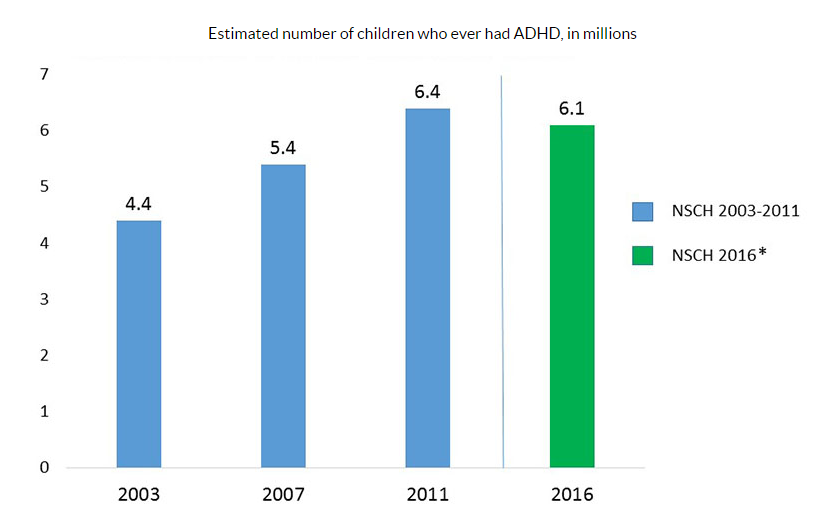Did you know…that 75% of the illness and death among US teens is preventable?
Most adult health issues are from diseases, which is why we routinely screen for heart disease, cancer, high blood pressure, etc. In contrast, most serious teen health issues result from risky behaviors. The U.S. Centers for Disease Control and Prevention report that three of four serious injuries and deaths in teens are caused by preventable, risky behaviors. Just as adults are screened for disease, teens should be screened for risky behavior. And adolescent screenings are nationally recommended. The American Medical Association and the American Academy of Pediatrics recommend routine risk behavior screening for all teens. The goal is to give teens the information and support needed to prevent serious injury, disease, and premature death.
Most teens engage in risky behavior, sometimes without realizing it. These risks can range across a number of issues and behaviors, such as:
- Alcohol, tobacco or drug use
- Bullying
- Sad feelings that can lead to suicidal thoughts
- Not wearing seatbelts or helmets
- Driving under the influence, texting while driving, or riding with someone who is an unsafe driver
- Dieting/starving/binging
- Poor nutrition and lack of physical activity
- Early or unprotected sexual experiences
National studies show teens who are asked about their behaviors, often by a supportive adult at school or in the doctor’s office, are relieved to have someone with whom to talk. Sometimes they won’t talk at home because they don’t want to disappoint their parents. It’s especially important to make sure your child gets screened at least once a year as behaviors can change over time. Annual physicals provide a great opportunity to engage your pediatrician or primary care doctor in a conversation about risk screening for your adolescent. National recommendations call for the use of a standardized screening tool for risk assessment (i.e., not just a few questions that might normally be asked in the course of a conversation) and ideally, it should be delivered in an electronic format. (Not surprisingly, numerous studies show adolescents are more truthful when answering personal questions using technology!)
In addition to making sure your teen is screened annually, you can support them by
- Spending time talking, casually and informally
- Asking about risky behaviors and being open to the conversation
- Reinforcing positive health messages
- And modelling healthy behavior
Research shows teens who talk with trained adults and their parents report fewer risky behaviors than those who don’t talk. If you have concerns about your teen’s feelings or behaviors, or you’d like help talking with your teen, contact your healthcare provider or school counselor about resources in your area.
For more information about adolescent risk behaviors in the United States, view the infographic of 2013 statistics at: https://raaps.org/infographics/RAAPS-2013-Adolescent-Risk-Infographic_PrinterVersion.pdf
And for some additional information on risks and adolescents you may want to check out these resources:
- www.kidshealth.org
- www.cdc.gov/healthyYouth
- www.teenscreen.org
- www.teenmentalhealth.org
- www.choosemyplate.gov
- www.teendriversource.org
- www.breakthecycle.org
- www.theantidrug.com
- www.advocatesforyouth.org
- www.community.pflag.org
- www.thenationalcampaign.org
Jennifer Salerno, DNP, CPNP, FAANP
Possibilities for Change, LLC
1600 Huron Parkway, 2nd Floor
Ann Arbor, MI 48109
Toll Free Phone: 855-767-4244
Toll Free Fax: 866-554-4473











0 Comments